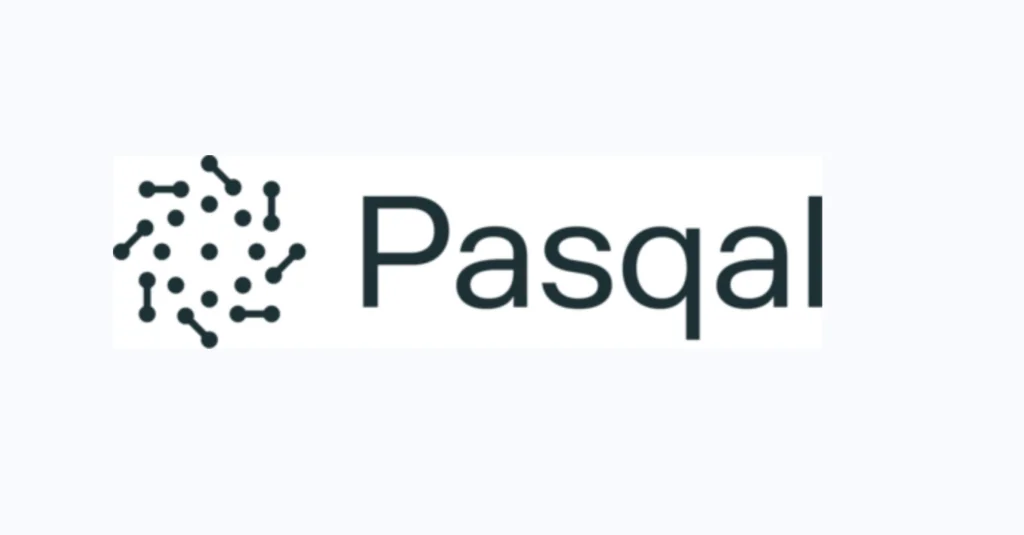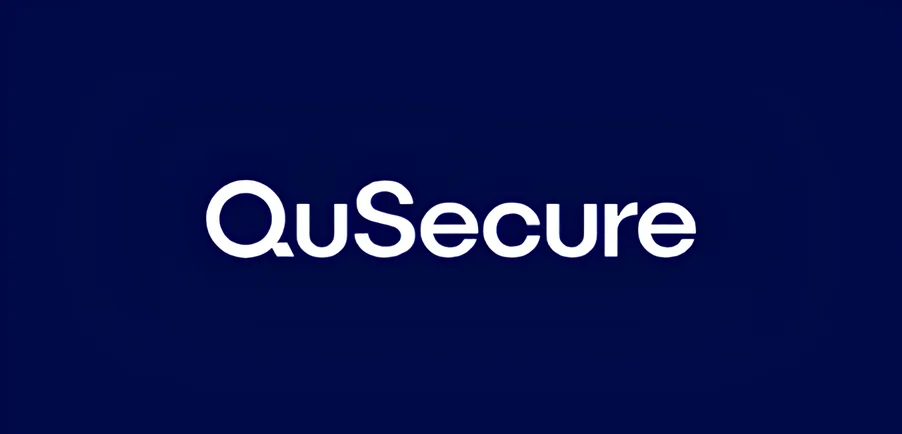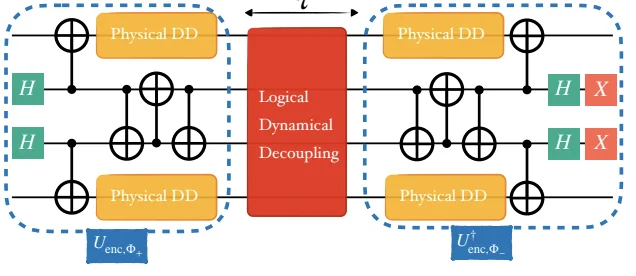Insider Brief:
- The U.S. Commerce Department’s Bureau of Industry and Security (BIS) published an interim final rule implementing export controls on emerging technologies, including quantum computing and semiconductor manufacturing.
- These controls align with international agreements to prevent the misuse of advanced technologies that could pose threats to national security, particularly when used by adversaries.
- The rule introduces a new License Exception Implemented Export Controls (IEC) for trusted countries that implement equivalent national controls.
- Specific quantum computing items, advanced semiconductor manufacturing equipment, and Gate-All-Around Field-Effect Transistor (GAAFET) technology are subject to these new controls, with a 60-day compliance delay for quantum items to certain destinations.
- BIS is inviting public comments on the interim final rule, particularly regarding deemed export policy for quantum items, and stakeholders are encouraged to provide input before the 60-day deadline.
PRESS RELEASE — The U.S. Commerce Department’s Bureau of Industry and Security (BIS) published an interim final rule (IFR) today implementing controls on critical and emerging technologies that have reached broad technical agreement among our international partners. This IFR includes controls related to quantum computing, semiconductor manufacturing, and other advanced technologies. Today’s action strengthens our international relationships with like-minded countries and ensures that U.S. export controls keep pace with rapidly advancing technologies that pose serious threats to our national security when in the wrong hands.
“Today’s action ensures our national export controls keep step with rapidly evolving technologies and are more effective when we work in concert with international partners,” said Alan Estevez, Under Secretary for the Bureau of Industry and Security. “Aligning our controls on quantum and other advanced technologies makes it significantly more difficult for our adversaries to develop and deploy these technologies in ways that threaten our collective security.”

“The most effective way to protect our national security is to develop and coordinate our controls alongside like-minded partners, and today’s actions demonstrate our flexibility in how we craft such controls to achieve our national security objective,” said Assistant Secretary of Commerce for Export Administration Thea D. Rozman Kendler, adding “Not only are we adopting new emerging technology controls with this rule, we are also building increased agility into our system with a new license exception for trusted partners.”
As critical technologies with military applications continue to emerge and evolve, there is an increased need to regulate their movement to ensure these items are not used for purposes contrary to U.S. national security or foreign policy.
In today’s IFR, BIS is implementing worldwide export controls on specific types of items, including:
- Quantum Computing Items: quantum computers, related equipment, components, materials, software, and technology that can be used in the development and maintenance of quantum computers.
- Advanced Semiconductor Manufacturing Equipment: tools and machines that are essential for the production of advanced semiconductor devices.
- Gate All-Around Field-Effect Transistor (GAAFET) Technology: technology that produces or develops high-performance computing chips that can be used in supercomputers.
- Additive Manufacturing Items: Equipment, components and related technology and software designed to produce metal or metal alloy components.
Several like-minded countries have already announced or implemented new national controls for export of items under their jurisdiction related to quantum computing and advanced semiconductor manufacturing. We anticipate additional countries will implement similar controls soon. This unified approach, built on a foundation of shared values and security interests, enhances the effectiveness of our controls. Continued international collaboration in advanced technologies is paramount to national security. For this reason, this IFR establishes a new License Exception Implemented Export Controls (IEC) so that countries may meet the terms of IEC by implementing equivalent national controls which would eliminate the need to submit license applications for those items, thereby fostering innovation opportunities among implementing countries. BIS has posted on its website HERE a table that lists IEC eligibility status for countries and items.
Furthermore, this IFR implements certain exclusion clauses for deemed exports (i.e., the sharing or release of controlled technology or source code to a foreign person within the U.S.) and reexports to avoid disrupting the ongoing research and development of these critical and emerging technologies. BIS has also added a general license for deemed exports/reexports of certain technology/software, subject to annual reporting requirements, to provide the U.S. Government with necessary visibility and oversight for national security reasons. Additionally, there is a 60-day delayed compliance date for quantum items to certain destinations to allow for the submission of license applications and revisions to internal compliance procedures.
Additional Information:
The text of the interim final rule is available on the Federal Register’s website HERE. BIS is inviting public comments, which are due 60 days after publication. Stakeholders on deemed export policy for quantum items are encouraged to submit their feedback by the deadline to ensure that the final provisions reflect broad industry and public input. Comments may be submitted to http://www.regulations.gov. The regulations.gov ID for this rule is: BIS-2024-0020.
BIS has worked diligently to build international relationships with like-minded countries to strengthen the effectiveness of export controls to degrade Russia’s military capabilities, as well as those of enablers such as Belarus and Iran. This 38+ country coalition is enabling BIS to drive new approaches to lower-level commodity controls on Russia and its partners, using Harmonized Systems codes to parse EAR99 items (i.e., low technology consumer goods), and conduct more coordinated outreach to other countries to more forcefully combat illegal diversion of items that fuel Russia’s unlawful war against Ukraine.















